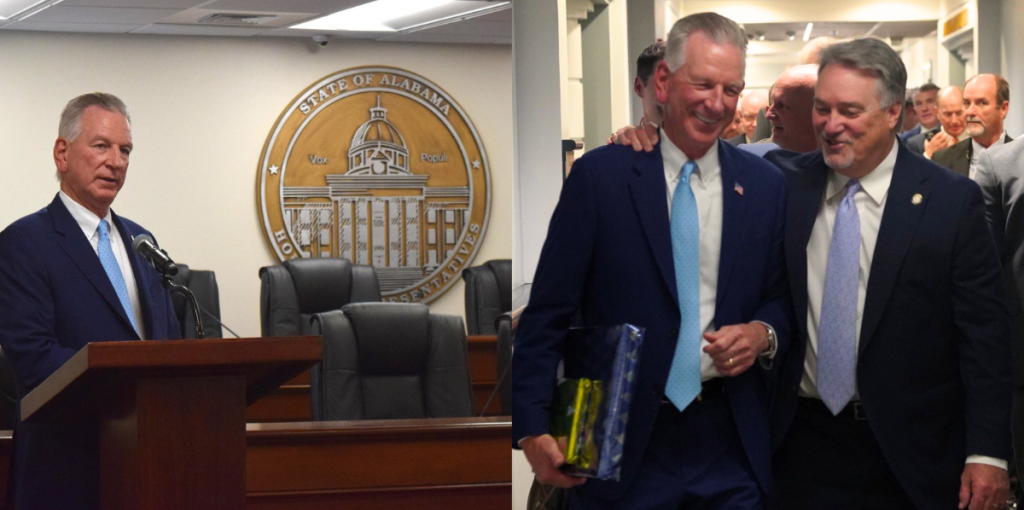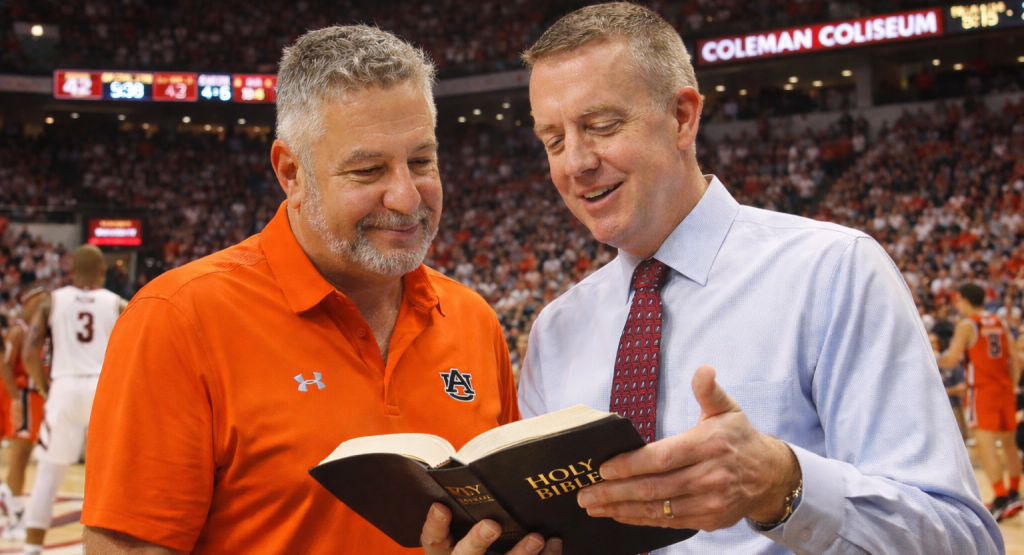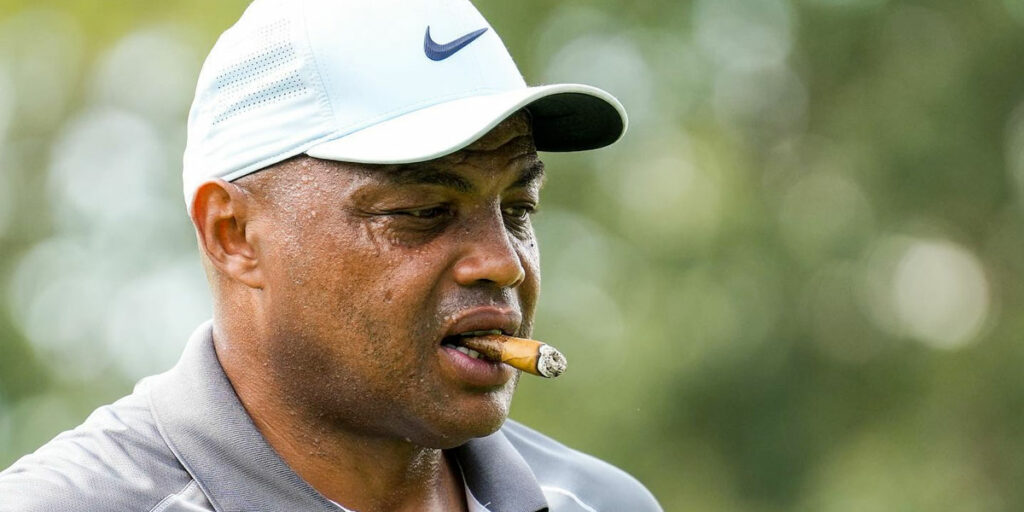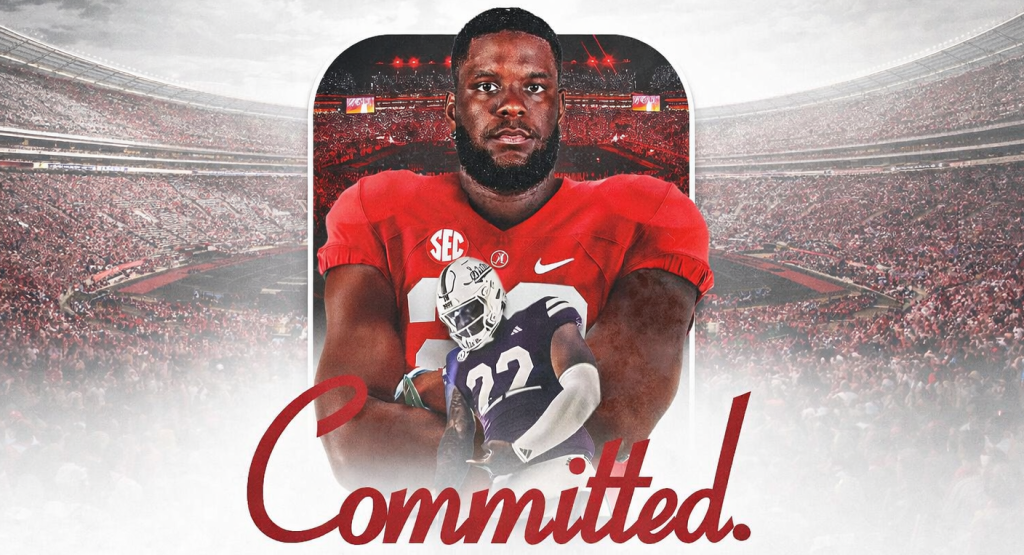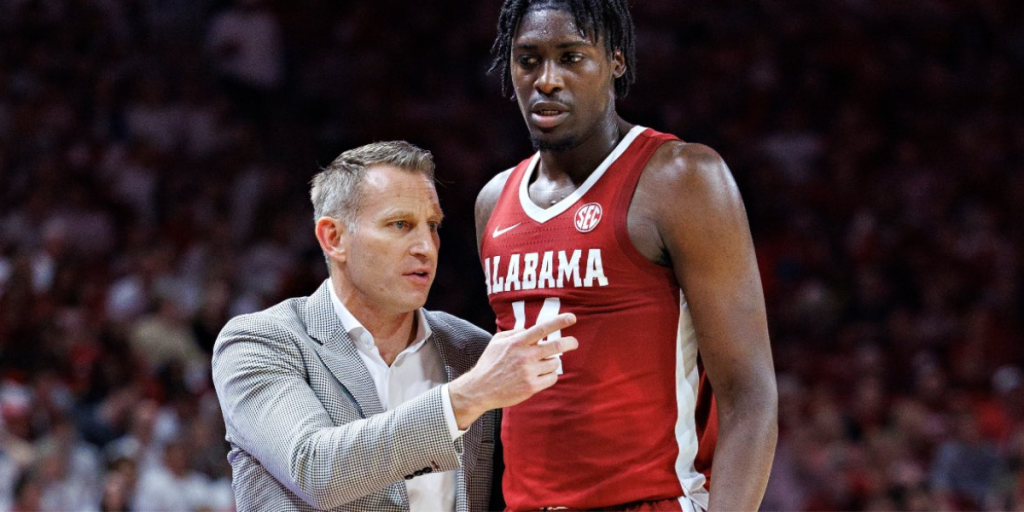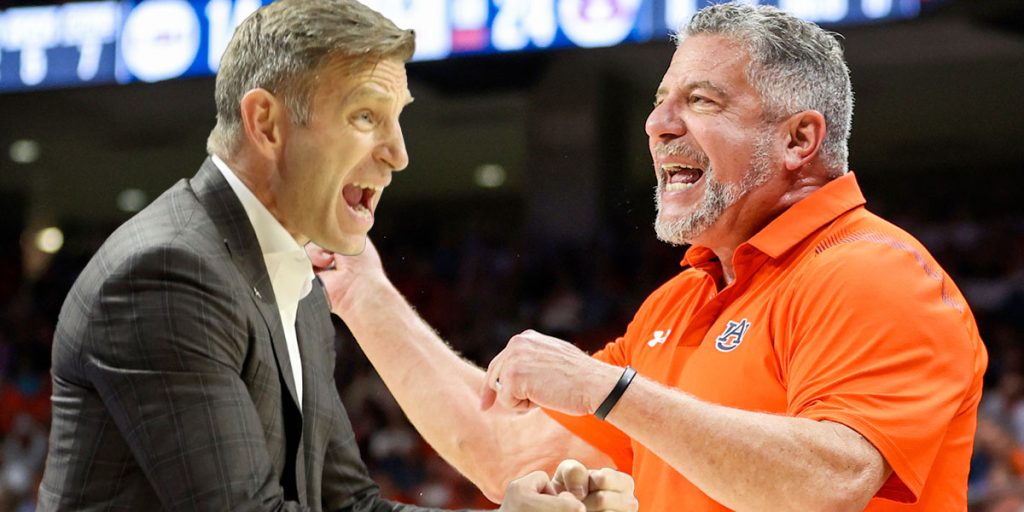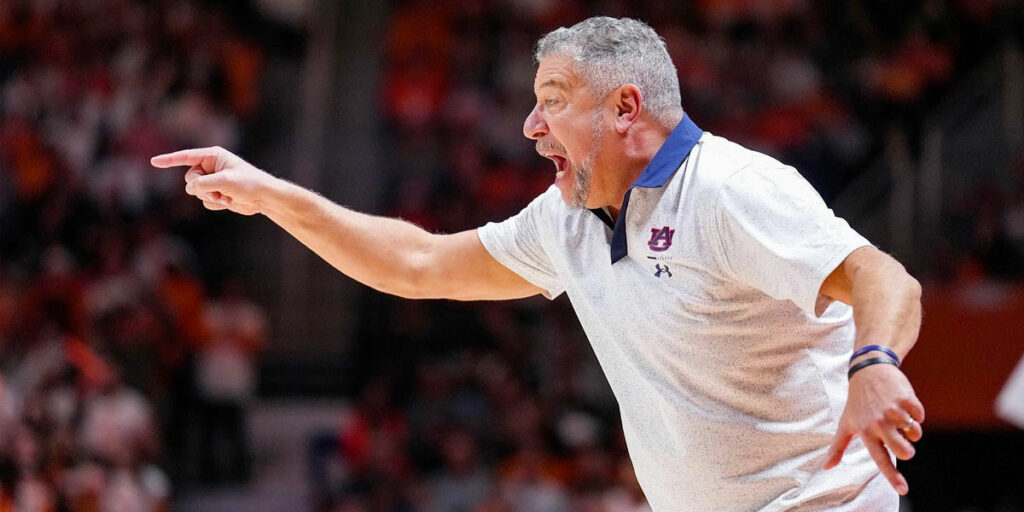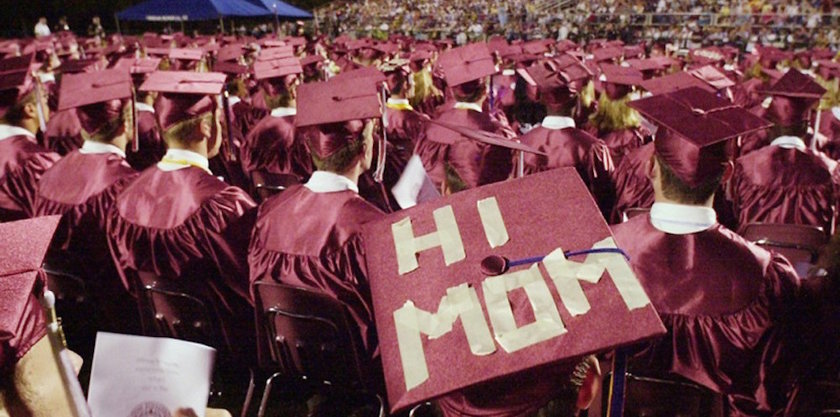
AUBURN, Ala. — College football is just weeks away, but while Alabamians across the state have been looking forward to game days and tailgating, the push to allow college athletes to unionize and collectively bargain for compensation recently took a major hit.
The National Labor Relations Board (NLRB) on Monday declined to vote on a petition, essentially reversing an earlier decision by a subcommittee of the board ruling that scholarship athletes on the Northwestern University football team are to be considered employees and thus allowed to vote to form a union.
Most sports and labor analysts expected the five-member NLRB to either back or definitively dismiss the ruling, but with the Board’s decision to not vote at all on the case, the seventeen-month-old College Athletes Players Associations (CAPA) petition was nullified.
In an article explaining the process, Forbes Magazine said the decision by the Board comes after an unusual delay and attributes it to strategic time management.
“Today’s decision, which is undoubtedly unfortunate for the college athletes’ rights movement, comes after an unusually long delay by the Board in deciding this case — a delay theoretically attributable to indecision, political pressure, and perhaps even the desire by the Board to wait for many of the Northwestern University football team’s labor leaders to either leave the team or graduate,” the author wrote.
The Board held that “[b]ecause of the nature of sports leagues … and the composition and structure of FBS football … it would not promote stability in labor relations to assert jurisdiction in this case.”
The NLRB emphasized that “this case involves novel and unique circumstances” because of its specific relationship to the Northwestern University football program.
The debate of whether or not college football players and other student athletes should be compensated for their labor has heated up in recent years, particularly in light of revelations of just how much money athletic departments are making for their universities.
The NCAA and universities will make billions off of college football in the coming season, but before this year athletes were prohibited from receiving compensation for their talents outside of scholarships.
This year, after the fierce lobbying of many coaches including Alabama’s head football coach Nick Saban, the NCAA will allow for the first time “Cost of Attendance” payments of a few thousand dollars a year to be made to players.
Coach Saban, in a 2014 interview for USA Today, said he is open to the idea of player unions, in theory.
“I’ve always been an advocate of players’ rights,” Saban said. “I’ve always been an advocate of players being compensated the best that we can to help them. I think that having a voice in what happens is something that the players probably ought to have.”
However, Saban said he also understands the perspective of the University, which spends millions on the players’ personal and academic development each year.
“I don’t think that the players just receive a scholarship,” he explained. “I think a lot of players really realize that, understand that and appreciate that. We can’t pay them, but we can reinvest in trying to help them be successful in their future.”
“I think that’s what makes great programs,” Saban continued. “I think that’s why players want to come and be a part of the program, because we do reinvest in the future and their chances of being successful, and we do care. And it’s not just about football.”
Despite the setback for his cause former Northwestern University quarterback Kain Colter said the dismissal of the case isn’t a total defeat, referencing the progress toward compensation the NCAA has made in the last few years.
“It’s definitely not a loss,” he said. “Since we started this movement, a lot of positive changes have come from this — the introduction of four-year scholarships, increased stipends, maybe better medical coverage, the lifting of food restrictions. A lot of the things that we’ve been fighting for have been adopted. But there is a lot of room to go.”




